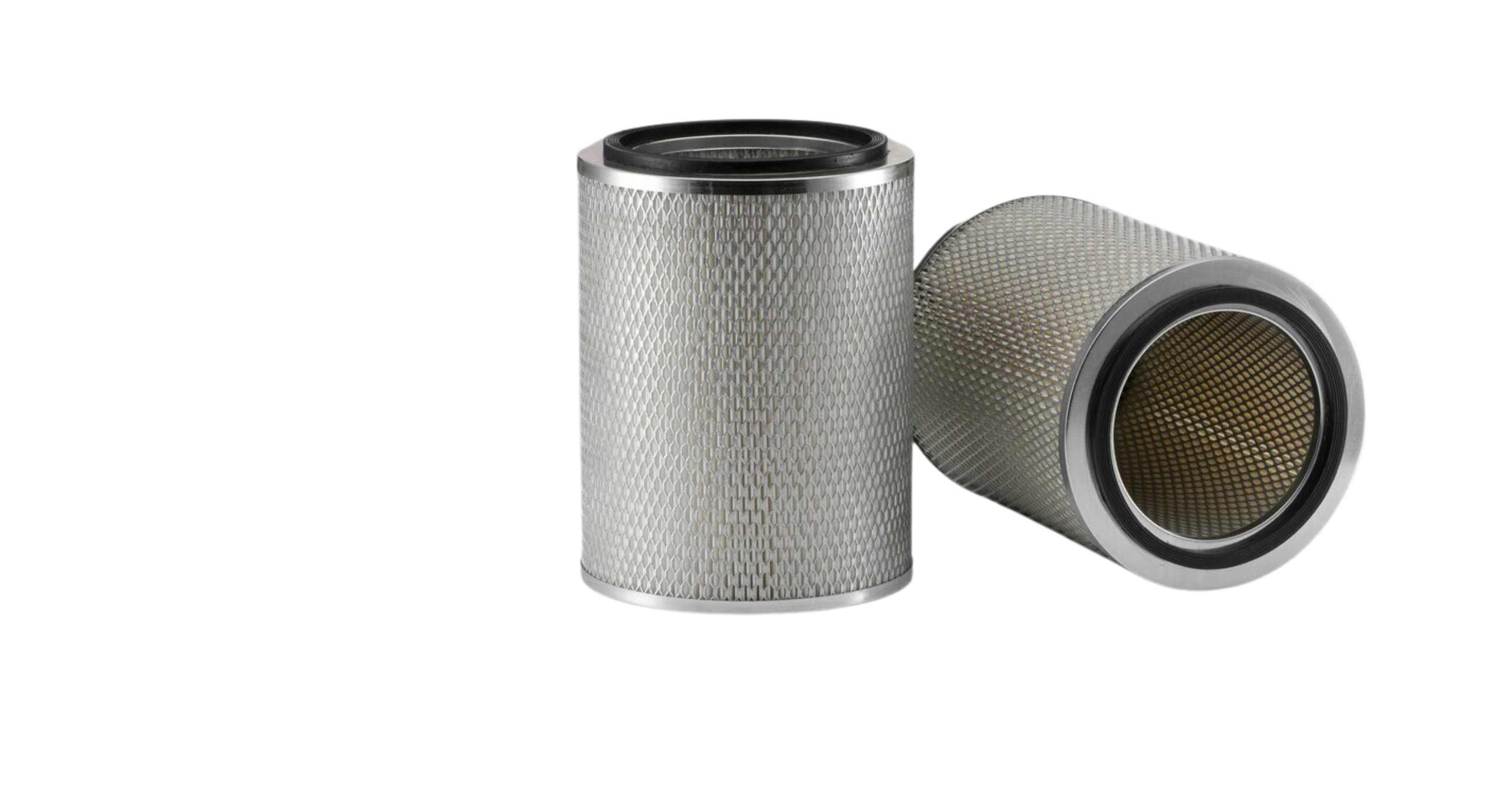Powder Coating
The process of powder coating was invented by Daniel Gustin in 1945. Since then, the process is used on many different items such as electronics, appliances, automotive parts, infrastructural parts, and more! What exactly is powder coating? It is when something is sprayed with a dry coating under heat. First, parts are cleaned and chemically treated. Then they may be shot blasted to create a texture. Next, using an electrostatic spray gun, the parts are sprayed. Finally, the parts are cured in an oven.
Throughout this entire process, workers may be exposed to particulate or dust.
Uses in the Industry
Powder coating can be used to add glosses or finishes to parts. Some finishes create a durable, long-lasting seal to prevent wear, tear, and scratches. Unlike liquid coatings, which can be messy and run, powder coatings are much more durable. You have more than likely encountered parts that are powder coated including:
- Appliances such as refrigerators, microwave ovens, washers, dryers, vending machines, etc.
- Electronics such as computer parts, cell phones, exercise equipment.
- Architectural items such as doors, furniture, structural frames
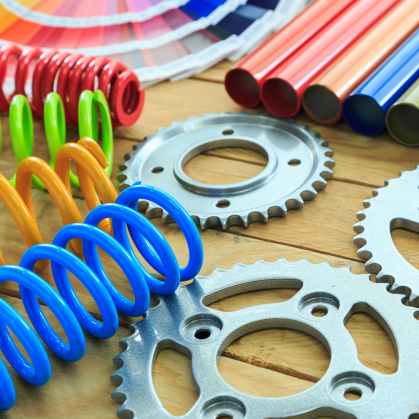
Dust Types
- Lead Based Paint Pigments
- Chemical Dusts
- Abrasive Dusts
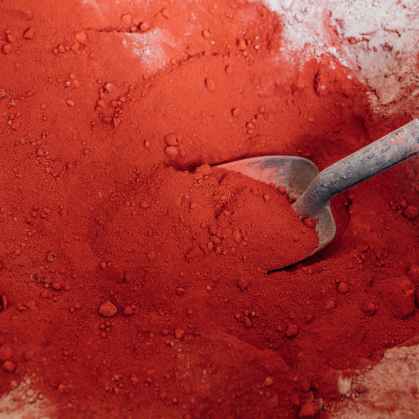
Health Risks
A lot of powders contain harmful toxic substances such as lead based paint pigments, TMA (tri-mellitic anhydride), and TGIC (triglycidyl isocyanurate). These fine particles can cause eye and skin irritation as well as respiratory issues. Many workers wear personal protective equipment (PPE) to protect themselves. However, having an air filtration or dust collection system is also a great investment.
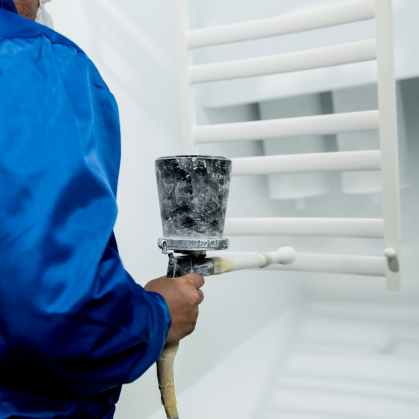
Spray Booths
In some cases, paint booths are used in powder coating processes. Booths are a great way to control and capture overspray or particulate. Within these booths, filters are used. At Pleatco Filtration, we have the industrial air filters you need - even for spray booths and downdraft tables!
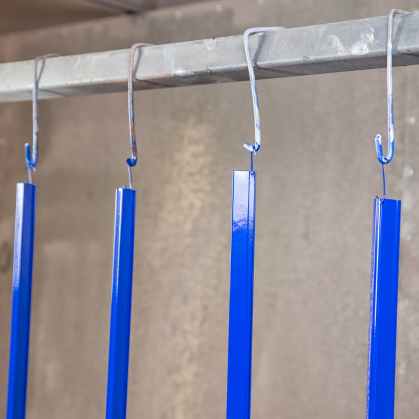
Why Dust Control?
- Improve Health & Safety of Workers
- Increased Productivity
- Cleaner Working Environment
